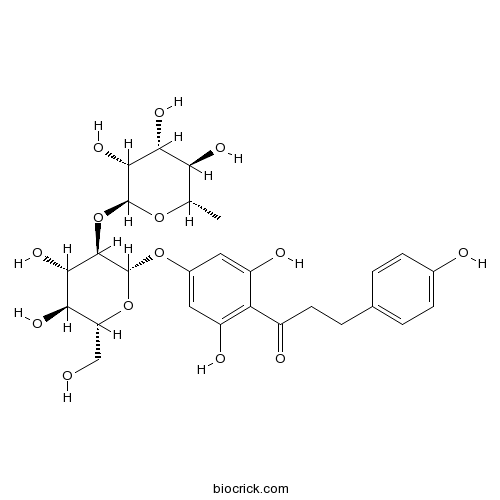Malus rockii
Malus rockii
1. The products in our compound library are selected from thousands of unique natural products; 2. It has the characteristics of diverse structure, diverse sources and wide coverage of activities; 3. Provide information on the activity of products from major journals, patents and research reports around the world, providing theoretical direction and research basis for further research and screening; 4. Free combination according to the type, source, target and disease of natural product; 5. The compound powder is placed in a covered tube and then discharged into a 10 x 10 cryostat; 6. Transport in ice pack or dry ice pack. Please store it at -20 °C as soon as possible after receiving the product, and use it as soon as possible after opening.
Natural products/compounds from Malus rockii
- Cat.No. Product Name CAS Number COA
-
BCN2579
Naringin dihydrochalcone18916-17-1
Instructions

Exogenous melatonin improved potassium content in Malus under different stress conditions.[Pubmed: 27145234]
Melatonin mediates many physiological processes in plants. We investigated its role in regulating growth, potassium uptake, and root system architecture under three types of stress: salinity or a deficiency of all nutrients in Malus hupehensis Rehd., as well as a K deficiency in Malus rockii Rehd. Each treatment caused a reduction in growth rates and disrupted the absorption of potassium. However, pretreatment with 0.1 mmol/L melatonin significantly alleviated such inhibitions. The addition of melatonin also upregulated genes for antioxidant enzymes involved in the ascorbate-glutathione cycle (MdcAPX, MdDHAR1, MdDHAR2, MdMDHAR, and MdcGR) and helped decrease the accumulation of H2 O2 while improving the expression of K transporters and genes for the CBL1-CIPK23 pathway. These results indicated that melatonin can regulate the ROS signal and activate the CBL1-CIPK23 pathway to regulate the expression of a potassium channel protein gene, thereby promoting the absorption of potassium ions. Our findings demonstrate that inducing melatonin production is an important mechanism for plant defenses that can serve as a platform for possible applications in agricultural or related fields of research.


